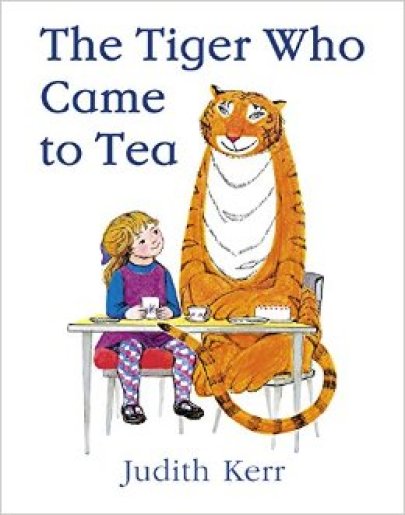“The real purpose of books is to trap the mind into doing its own thinking.” – Christopher Morely
Before I went to university (even though I had obviously studied English for both GCSE and A Level) there was a clear difference in the way I read books that I was studying, and books that I read for pleasure. Everyone knows that if you have to write an essay about a book, or any piece of writing for that matter, you have to think about more than just the plot. Does the colour of the curtains really symbolise the speakers depression or are they just blue because it’s a nice colour? Is the name Severus Snape supposed to sound snake-like? Is the narrator supposed to be unreliable, and just how much of their account do we believe? I could go on and on, but I’m sure you get the idea. I’ve discovered that after studying English for three years at degree level, I can’t switch this part of my brain off anymore. I could be reading what seems to be the most simple story, and still my brain goes into overdrive, wondering if there’s a reason why the author chose to use that particular word, or if there’s a deeper meaning to the story. Was Peter Pettigrew’s animagus form a rat because he ‘rats out’ the Potters location to Voldemort? Did Stephanie Mayer name her character Bella Swan because the transformation that Bella goes through from fragile human to powerful vampire is reminiscent of the way in which the ugly duckling transforms into a beautiful swan? What if The Very Hungry Caterpillar isn’t actually a lovely story about a caterpillar that grows into something beautiful, but rather a comment on consumerism? When you look closely, could The Tiger Who Came to Tea actually be an allegory of life in Nazi Germany, with the tiger symbolising the Gestapo who would ransack peoples houses for no apparent reason, and leave people in fear of their return visit? (Apparently this is a very real interpretation of the story – see here for an article about the author Judith Kerr).
In any case, the ability to read a book without searching for hidden meaning has now been lost to me. However I’m not sure that this is actually a bad thing. Reading becomes so much more interesting when you don’t take the story (or poem/novel/etc) at face value. I’d actually like to say thank you to my lecturers for showing me that there is never only one way to read a story, and that it’s ok to interpret something in a different way. Whilst it can sometimes be annoying that you are always searching for hidden meanings and taking notes of metaphors and other literary features, discussing something you’ve read is far more exciting when you have more to talk about than just the plot or whether or not you liked a certain character.
I’m sure there’s loads of stories that seem simple on the surface but that you could easily write an essay about. If anyone has any good ones I’d love to hear about them.
Love and kisses,
Aimee



I might going to enjoy these blogs Aimee!
LikeLiked by 1 person
Thank you, I hope you do!
LikeLike
Loved this post Aimee. ❤
What you wrote is absolutely true. As there are perspectives of viewing one same thing, there are perspectives of those going through a story given your intent behind reading them.
The picture used is apt to the piece you have written.
LikeLike
Thank you so much! I actually found the picture by accident but I thought it was perfect for the post.
LikeLiked by 1 person
Yes it was apt!👍☺
LikeLike